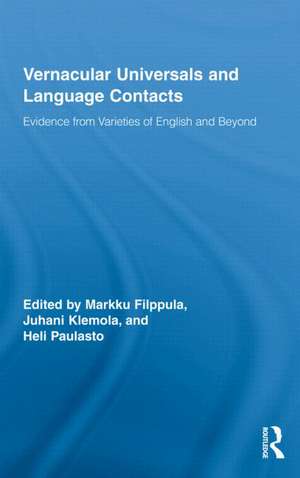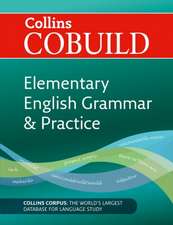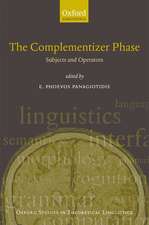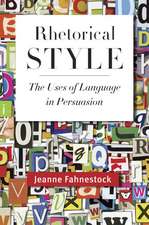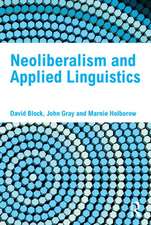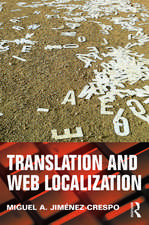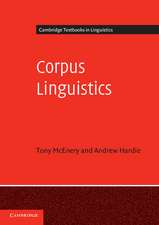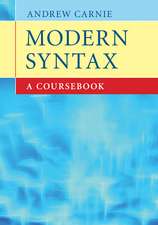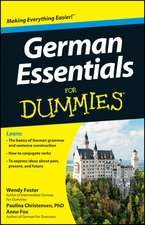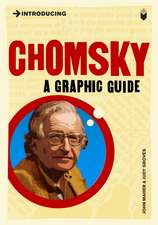Vernacular Universals and Language Contacts: Evidence from Varieties of English and Beyond: Routledge Studies in Germanic Linguistics
Editat de Markku Filppula, Juhani Klemola, Heli Paulastoen Limba Engleză Hardback – 22 dec 2008
| Toate formatele și edițiile | Preț | Express |
|---|---|---|
| Paperback (1) | 493.12 lei 6-8 săpt. | |
| Taylor & Francis – 6 aug 2013 | 493.12 lei 6-8 săpt. | |
| Hardback (1) | 1124.39 lei 6-8 săpt. | |
| Taylor & Francis – 22 dec 2008 | 1124.39 lei 6-8 săpt. |
Preț: 1124.39 lei
Preț vechi: 1371.21 lei
-18% Nou
Puncte Express: 1687
Preț estimativ în valută:
215.18€ • 223.82$ • 177.64£
215.18€ • 223.82$ • 177.64£
Carte tipărită la comandă
Livrare economică 14-28 aprilie
Preluare comenzi: 021 569.72.76
Specificații
ISBN-13: 9780415992398
ISBN-10: 0415992397
Pagini: 392
Ilustrații: 55 b/w images, 33 tables, 26 halftones and 29 line drawings
Dimensiuni: 152 x 229 x 28 mm
Greutate: 0.89 kg
Ediția:New.
Editura: Taylor & Francis
Colecția Routledge
Seria Routledge Studies in Germanic Linguistics
Locul publicării:Oxford, United Kingdom
ISBN-10: 0415992397
Pagini: 392
Ilustrații: 55 b/w images, 33 tables, 26 halftones and 29 line drawings
Dimensiuni: 152 x 229 x 28 mm
Greutate: 0.89 kg
Ediția:New.
Editura: Taylor & Francis
Colecția Routledge
Seria Routledge Studies in Germanic Linguistics
Locul publicării:Oxford, United Kingdom
Public țintă
Postgraduate and UndergraduateCuprins
Vernacular Universals and Language Contacts: An Overview Markku Filppula, Juhani Klemola and Heli Paulasto Part I: The Theory of Vernacular Universals Chapter 1: Cognition and the Linguistic Continuum from Vernacular to Standard J.K. Chambers Chapter 2: Vernacular Universals and Angloversals in a Typological Perspective Benedikt Szmrecsanyi and Bernd Kortmann Part II: Consonant Cluster Reduction and Default Singulars: Prototypical Vernacular Universals? Chapter 3: How Diagnostic are English Universals? Daniel Schreier Chapter 4: Number Agreement in Existential Constructions: A Sociolinguistic Study of Eighteenth-Century English Terttu Nevalainen Chapter 5: There was Universals; then there weren’t: A Comparative Sociolinguistic Perspective on ‘Default Singulars’ Sali A. Tagliamonte Part III: Universals and Contact in Varieties of English Chapter 6: Irish Daughters of Northern British Relatives: Internal and External Constraints on the System of Relativisation in South Armagh English (SArE) Karen P. Corrigan Chapter 7 The Case of Bungi: Evidence for Vernacular Universals Elaine Gold Chapter 8: The Regularisation of the Hiatus Resolution System in British English – A Contact-Induced ‘Vernacular Universal’? David Britain and Sue Fox Chapter 9: The Interplay of ‘Universals’ and Contact-Induced Change in the Emergence of New Englishes Donald Winford Chapter 10: Digging for Roots: Universals and Contact in Regional Varieties of English Markku Filppula, Juhani Klemola and Heli Paulasto Part IV: Methodological and Theoretical Perspectives Chapter 11: Methods and Inferences in the Study of Substrate Influence Terence Odlin Chapter 12: Some Offspring of Colonial English are Creole Salikoko S. Mufwene Chapter 13: Vernacular Universals and the Sociolinguistic Typology of English Dialects Peter Trudgill Chapter 14: Linguistic Universals and Vernacular Data Peter Siemund Chapter 15: Why Universals VERSUS Contact-Induced Change? Sarah G. Thomason
Descriere
Non-standard varieties of English all over the world share a striking number of grammatical features which are hard to explain because of the widely differing sociolinguistic and historical backgrounds of these varieties. Contributors to this book discuss two major factors behind the shared features: vernacular universals and contact-induced change.
